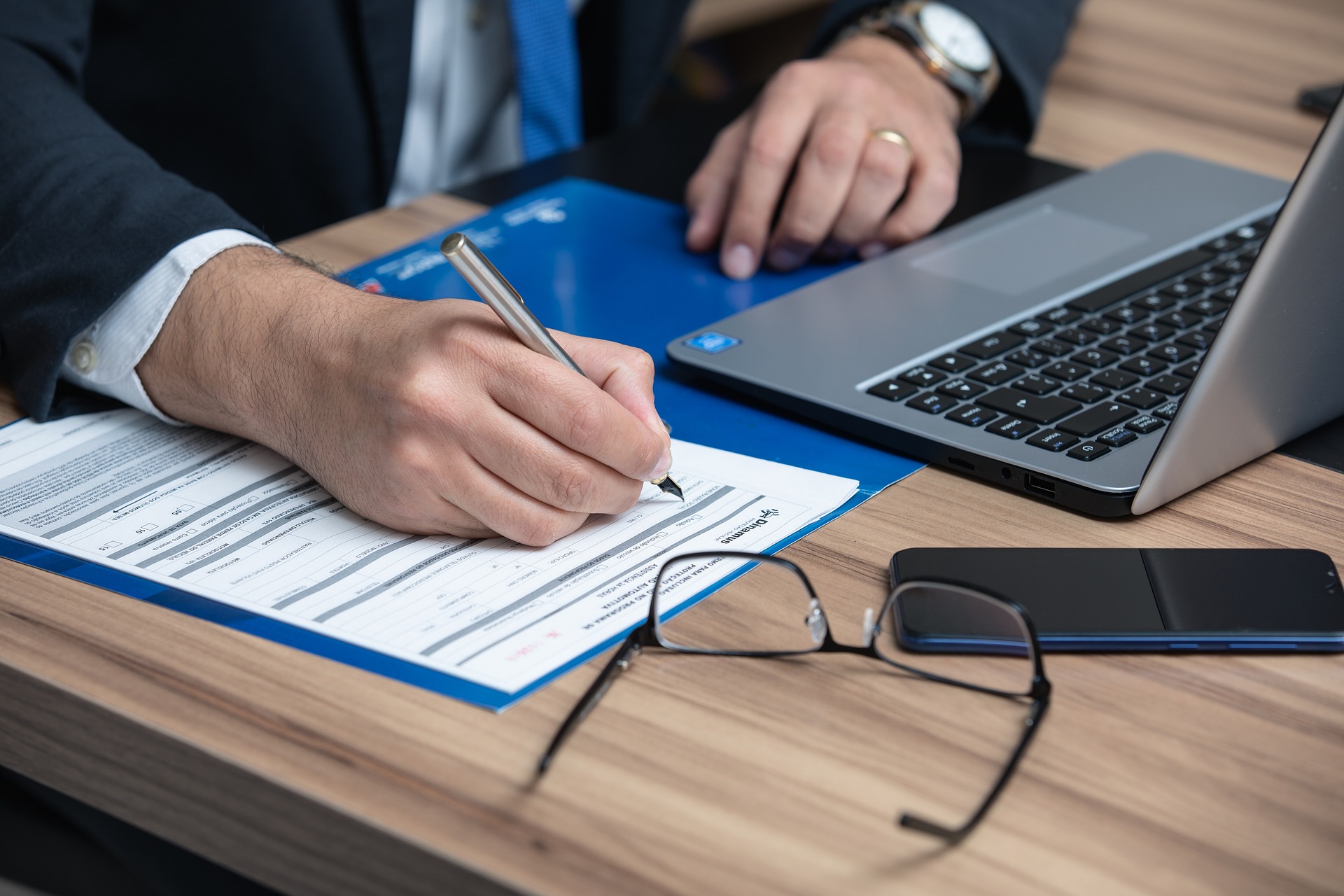Going to trial with your personal injury case is already a step beyond the typical situation of settling out of court. Going to trial is common when one side refuses to negotiate or your attorney is extremely confident that the amount you are entitled to and likely to receive in court is higher than what the other party will offer. Going to trial, however, means you may lose the case and end up with nothing – or substantially less than what you could have received from a settlement negotiation. Is appealing your verdict possible? The appeals process for personal injury lawsuits is not widely understood by the general public, and today we will discuss your options.
When is Appealing Your Verdict Appropriate and Possible?
Not every case can be appealed – especially if your motivation is simply that you disagree with the outcome or want more money from the settlement. In general, a verdict can only be appealed (or will only be accepted on appeal) if there was an issue with the process of your case. Some examples include:
- Evidence or witnesses were barred from entering the court
- Intimidation or tampering of witnesses and jury members
- Evidence was gathered illegally
- Instructions given by the judge to the jury were unclear and led to misinterpretation of the law
As you can see, these reasons are very distinct from “My settlement is not large enough.” Appealing a case is also very expensive, and this service might not be a part of the contract between you and your personal injury attorney. Your attorney would have to agree to continue their services to receive part of a new settlement, or you would have to hire an attorney to do the work of appeals for you. The process can be complex and focuses on legalese, so an attorney is mandatory.
Appeals are solely in the realm of lawsuits and verdicts by juries and judges. Since the vast majority of personal injury cases settle out of court, you would not have the ability to appeal this settlement. Even if your case goes to trial, settlements are sometimes reached during the process. Settlements generally include language that precludes either party from furthering legal action, so your case would end at that time.
Is Appealing a Good Idea?
Appeals are not guaranteed, as the appeals court can reject the request, or a motion to dismiss can be filed. You and your attorney should only file an appeal with the state if you believe you have solid evidence of the mishandling of certain aspects of your case. Appeals in Florida must be filed within 30 days, meaning the turnaround period to find a valid appeal reason can be a very tight window. The appeals process does not allow new evidence or witnesses; it does not represent new litigation of the case.
In summary, appealing is only a good idea if your attorney has substantial evidence to believe you will succeed on appeals. As a plaintiff in the case with little legal experience, your best option is to heed the advice of your attorney on whether or not to proceed with battling this case out in the courts.
Probinsky and Cole is a personal injury law firm representing clients in Sarasota, Brandon, and Orlando. We are here to answer any questions you may have about your personal injury case.








